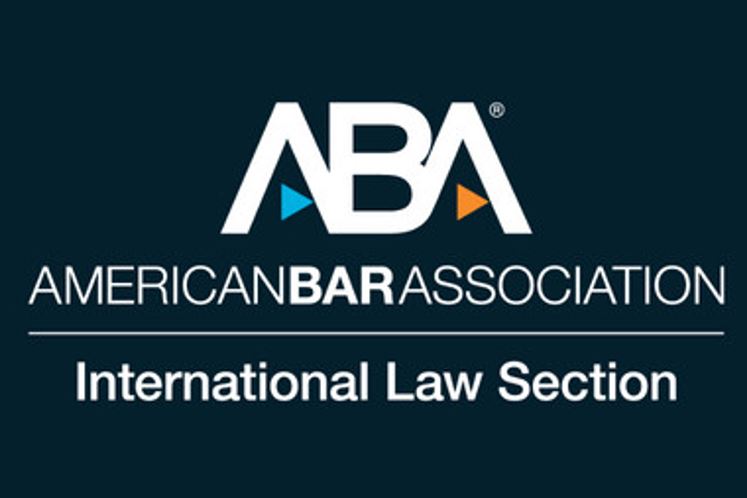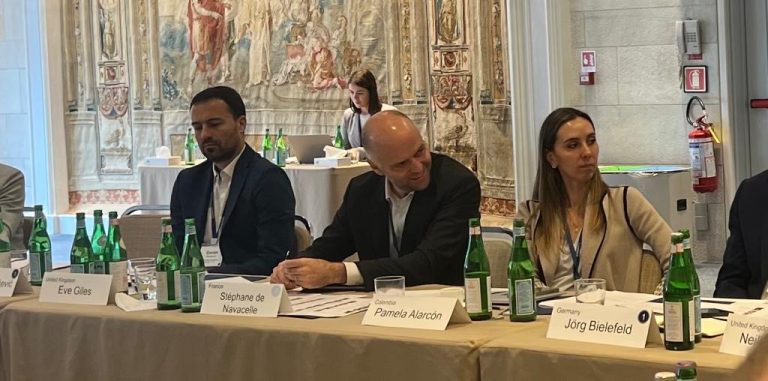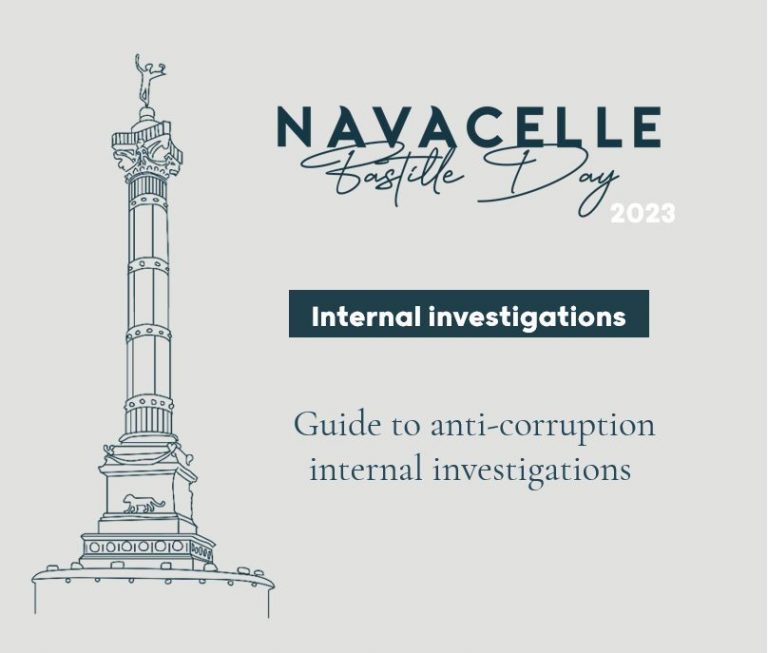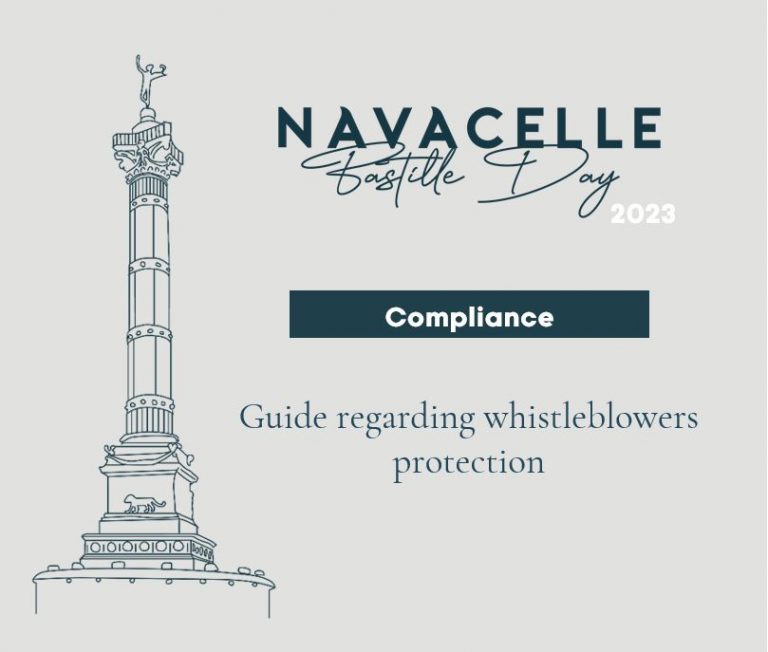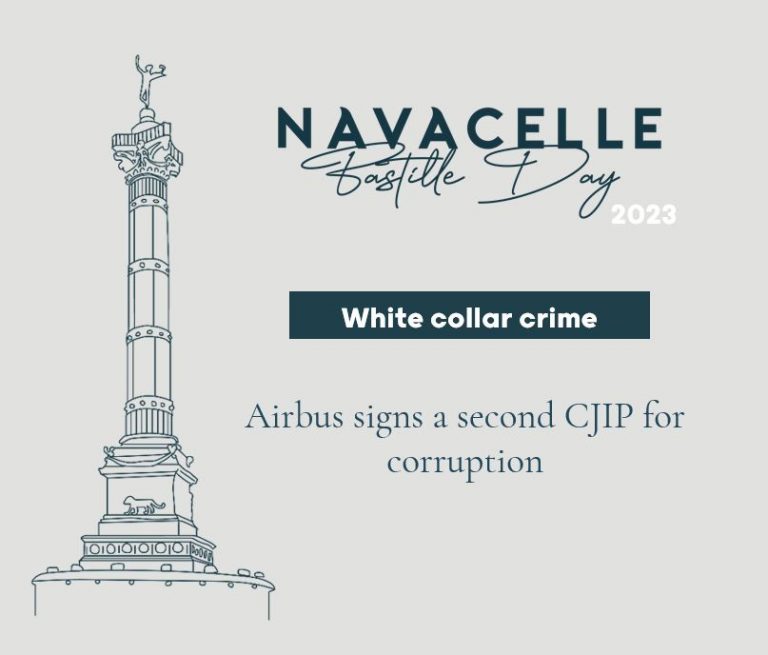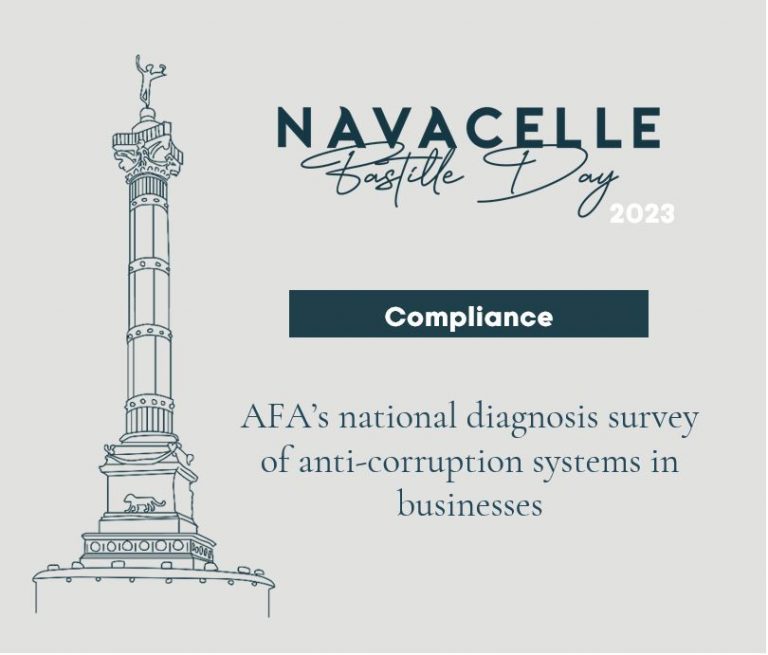International arbitrators, as the normal judges of international trade, will of course face corruption-related facts and allegations. The World Bank noted in a report dated January 2020 that ‘[n]ew headlines over the last few years have been filled with global scandals involving corruption on an unprecedented scale.'[1] Because corruption is so widespread and because the fight against this criminal offence is global, arbitrators can no longer ignore such issues.[2] This is true both in commercial and in investment arbitration.[3]
The first question which arises is whether international arbitral tribunals have jurisdiction over corruption issues.[4] The majority of authors and tribunals now recognise that arbitral tribunals can rule on disputes where the underlying facts or claims involve corruption,[5] but a more nuanced position exists in investment arbitration.[6]
Once the jurisdiction issue has been settled, another important question arises which relates to the extent of the powers of arbitral tribunals to deal with corruption matters and, notably, whether arbitral tribunals can raise issues of corruption sua sponte and investigate.[7]
To understand the role of arbitrators in the global fight against corruption, this article will first discuss the issue of the jurisdiction of arbitral tribunals in disputes involving corruption matters before determining the extent of the duty and powers of arbitral tribunals facing corruption allegations and facts.
I. Corruption issues in the jurisdictional phase
Initially, arbitrators refused to deal with corruption allegations. This was the position taken by the Judge Lagergren ICC award No 1110 in 1963 where the sole arbitrator held that the tribunal did not have jurisdiction to rule on the dispute because the case involved ‘such gross violations of good morals and international public policy’, which implied that no court or arbitral tribunal should rule on the matter.[8]
The situation has greatly evolved since this award and it is now accepted that arbitrators should not refuse outright to retain their jurisdiction only because the underlying contract is tainted by corruption.[9] Nevertheless, the position of arbitral tribunals remains different in investment and commercial arbitration.
A. Jurisdiction of arbitral tribunals in investment cases
The jurisdiction issue is more nuanced in investment arbitration. Bilateral investment treaties (BIT) usually require the investment to comply with the host state law as a prerequisite for the investor to be protected by such treaty.[10] If the investor invests in the host state by means of corruption, then, when a dispute arises, the host state can argue before the arbitral tribunal that the investment is not protected by the BIT because it is tainted by illegality.[11] In that case, the investor would not be able to rely on the arbitration agreement contained in the BIT and the tribunal will lack jurisdiction to hear the dispute.[12] This reasoning has been applied by investment arbitration tribunals. [13]
The same reasoning has been upheld by arbitral tribunals even when the BIT does not contain a specific legality provision.[14] Tribunals have decided that they lack jurisdiction if the investment was obtained through corruption because compliance with host state legislation was implicit in the BIT.[15]
In order to avoid the unfair result which arises if the host state actively participates in the corruption or illegal action and then claims before the arbitral tribunal that it does not have jurisdiction to hear the dispute, arbitral tribunals should reject the jurisdiction argument pursuant to the estoppel doctrine.[16] In that scenario, the host state would be estopped (barred) from using the exception of illegality to argue that the tribunal lacks jurisdiction because it participated in or knew of the illegality.
B. Jurisdiction of arbitral tribunals in commercial cases
The legality issue does not arise in commercial arbitration where the jurisdiction of the tribunal comes directly from the arbitration agreement contained in the underlying contract which does not require the commercial relationship to be legal.[17] The concept of the separability of the arbitration agreement means that the nullity of a contract affected by corruption will not apply to the arbitration agreement.[18] It is accepted that tribunals remain competent to hear a dispute arising from a contract tainted by corruption.
In cases where the jurisdiction of the tribunal is not an issue, remains the problem of the duties and powers of tribunals to deal with corruption-related allegations and factual scenarios.
II. The extent of the duties and powers of arbitral tribunals facing corruption issues
We will first determine whether the arbitrator has a duty to investigate corruption before reviewing the specific powers arbitral tribunals have to conduct their investigations.
A. The duty of arbitrators to investigate corruption
Of course, when a party alleges corruption in order to request the nullity of the underlying contract for instance, the tribunal will have to decide on whether corruption occurred and will not be able to ignore the facts.[19]
Another factual scenario arises frequently which corresponds to the situation when no party alleges corruption, but the arbitral tribunal is confronted with evidence which indicates that the underlying contract or investment was obtained by corruption or is a corrupt agreement itself. Should the tribunal investigate the matter, or should it ignore those facts and only rule on the parties’ arguments?
In the interest of the global community fighting against ‘the cancer of international commerce’,[20] arbitrators should not ignore corruption hints. However, we must remember that arbitrators get their jurisdictional mandate from the parties and, if they decide not to raise any grounds relating to corruption, the tribunal may be inclined not to investigate in order to strictly comply with this mandate. This is especially true because most arbitration laws provide for the setting aside of awards in cases of ultra petita which corresponds to scenarios when the tribunal decide on an issue that was not submitted to it.[21]
The current trend, nevertheless, is to encourage arbitrators not to ignore evidence which points to corruption-related facts. A growing number of arbitral tribunals argue that they have a duty to investigate suspicions of corruption.[22] Several reasons justify this reasoning.
Firstly, arbitrators have a duty to render an enforceable award at the place of arbitration notably. For instance, this principle is provided by Article 42 of the ICC Arbitration Rules[23] and Article 32 of the London Court of International Arbitration (LCIA) Arbitration Rules.[24] Rendering an award which gives effect to a contract or investment tainted by corruption would be contrary to virtually all national and international public policies around the world which condemn corruption.[25] International public policy is said to prevail over other principles such as the one described above on ultra petita.[26]
This is especially true in France where courts regularly annul awards on the grounds of international public policy. When reviewing awards for that reason, French courts do not only review the evidence submitted before the arbitral tribunal but conduct a de novo examination of the facts to check whether ‘serious, precise and concordant’ indications of corruption exist.[27] Very recently, the French Court of Cassation restated the principle according to which judges reviewing the award during setting aside proceedings are not limited to the evidence submitted before the arbitral tribunal or by the findings, assessments and characterisations made by it.[28] Therefore, arbitral tribunals seated in France are encouraged to deal with corruption on their own initiative to avoid the risk of having the award annulled if the French court reviews de novo the underlying facts and determines that corruption occurred.
Secondly, authors recognise that arbitrators are not only private decision-makers but that their function also has a public aspect because they render a decision that will have a legal effect.[29] By refusing to take part in the global fight against corruption, arbitrators would deny the public aspect of their function.
Even when arbitrators find that they have a duty to investigate suspicions of corruption, they can feel discouraged to do so because they do not have a policy power like a national judge. The development below will show that arbitrators are nonetheless well-equipped and should take initiatives in this regard.
B. The powers available to arbitrators to investigate corruption
As a matter of principle, if the tribunal decides to investigate matters related to corruption, it should of course comply with due process and always invite the parties to make submissions in that regard.[30]
Arbitration rules give a general power to the tribunal to investigate the facts of the case. Article 25(1) of the ICC Arbitration Rules states that arbitrators have a duty to establish the facts of the case ‘by all appropriate means.’[31]Article 22.1(iii) of the LCIA’s Arbitration Rules allows the tribunal ‘to conduct such enquiries as may appear to the Arbitral Tribunal to be necessary or expedient, including whether and to what extent the Arbitral Tribunal should itself take the initiative in identifying relevant issues and ascertaining relevant facts and the law(s) or rules of law applicable to the Arbitration Agreement, the arbitration and the merits of the parties’ dispute.’
More specific powers are granted to tribunals which can be used to investigate corruption.
Firstly, if provided by the relevant arbitration rules or arbitration law, the tribunal should summon the testimony of a person who has not even been designated as a witness if it finds that it could help establishing the facts of the case.[32]
Secondly, the tribunal can also order the parties to produce documents which it finds relevant.[33] If one or both parties refuse to take part in the process, the tribunal can draw adverse inference from the lack of production of documents.[34]
Finally, an author goes further and encourages tribunals to appoint an auditor or investigator to review the books, records and employees of the parties according to specific terms of reference laid out by the tribunal in order to determine whether corruption occurred.[35] Again, if the tribunal decides to appoint such investigator or auditor, it should invite the parties to review and comment on investigator’s findings.
Conclusion
Arbitrators should and must participate in the global fight against corruption.
In commercial arbitration, arbitral tribunals should retain their jurisdiction even when a party alleges that the tribunal is not competent to hear the dispute because it involves corruption issues. In investment arbitration, arbitrators should be very cautious when a host state argues the lack of jurisdiction of the tribunal because the investment does not comply with the host state law. Declaring that the tribunal is not competent on that basis can allow the host state to participate and benefit from corruption activities while, at the same time, not being subject to review by an arbitral tribunal. The investor would lose the protection of the bilateral investment treaty (BIT) in terms of fair and equitable treatment, expropriation, most-favoured nation treatment and other typical standards of protection contained in BITs.
Moreover, it is now generally accepted that arbitrators have a duty to investigate corruption even when no party raises such matter. Arbitrators should use the powers granted by arbitration rules and laws to order the production of documents, to compel a witness to testify, or even to appoint an investigator or auditor to review documents and guide the tribunal in its assessment.


